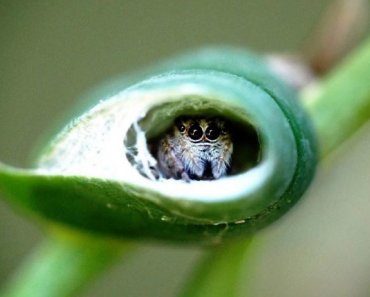
For original article click here
It can be tempting to acquire a hamster on impulse. After all, these little guys are the picture of cuteness: small, round, furry, and inquisitive. A great starter pet, right? Not at all! Here are some important questions to consider before you dive headlong into a relationship.
Adopt, don’t shop
Small animals like hamsters are often mistreated and forced into deplorable conditions when they’re bred for pet stores to sell — look for a local rescue first when you’re considering adopting a hamster, and skip the pet stores.
Hamster Supplies on Amazon.com
Suit your schedule
Hamsters are nocturnal, which means they will be most active at night. If you’re a light sleeper who is disturbed by the smallest of sounds, a squeaking wheel at 2 a.m. might not be a good fit. If you work a graveyard shift and are looking for furry companionship during the day, hamsters are bound to frustrate your expectations. But if you’re a night owl, a hamster could be the perfect companion when you’re burning the midnight oil!
Children and hamsters
Because of their small size, hamsters are often purchased as pets for children who want to play with them during the day. However, just when it’s time for your child to go to sleep, it’s time for a hamster to wake up. A hamster awakened suddenly from a nap during the day may bite. Therefore, hamsters need to be handled only with adult supervision by children under 8 years old.
Hamsters require a gentle touch and may be easily startled by sudden movement and loud noises.
The motor skills of children under 8 are usually not refined enough to make a hamster feel comfortable being handled. Young children who lack fine motor control and self-restraint may inadvertently drop a hamster, squeeze them, or scare them into biting.
Young children are also at greater risk for zoonotic diseases (diseases that are can be passed from animals to humans) because of their undeveloped immune systems and because of their tendency for close contact with pets without proper hand-washing. Children under 5 are particularly vulnerable to the effects of salmonella, a type of intestinal bacteria that hamsters can carry. Although rare, hamsters have been known to carry Lymphocytic choriomeningitis, a virus that can seriously sicken young children.


























